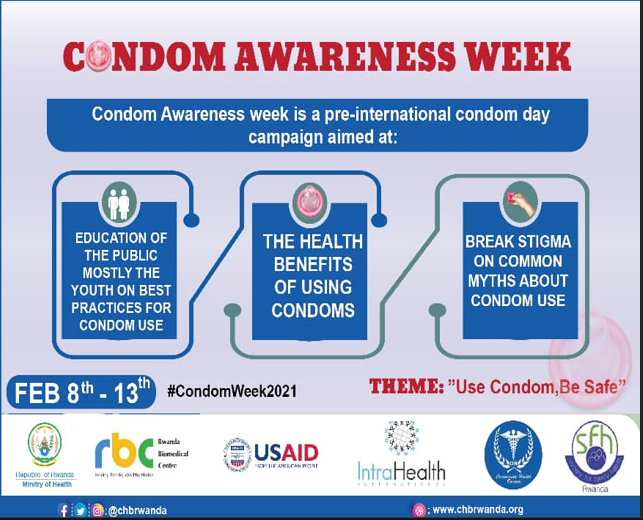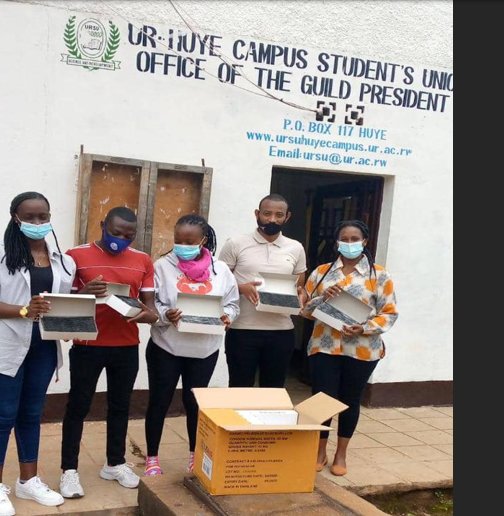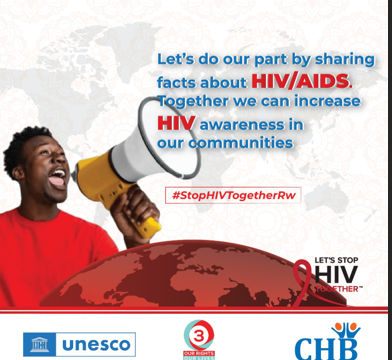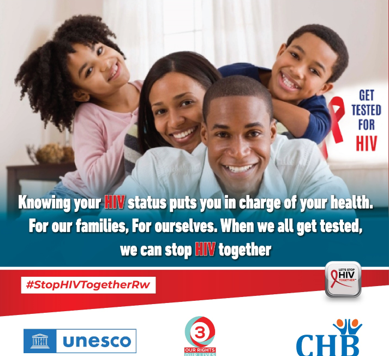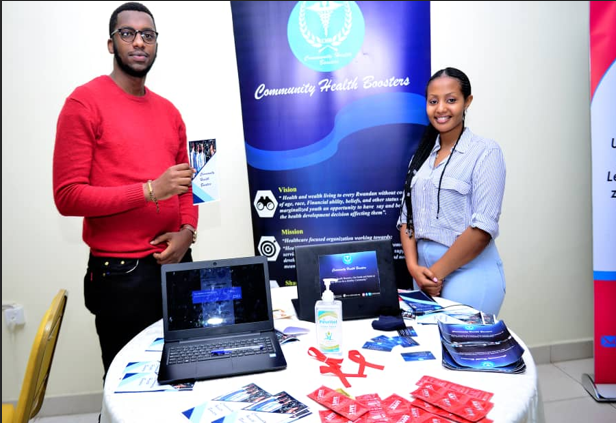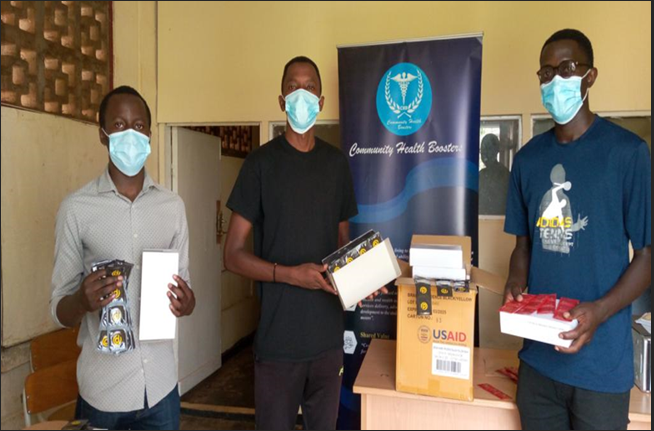Against this background, UNESCO in partnership with COMMUNITY HEALTH BOOSTERS successfully planned and conducted the one-month “SIDA Ntaho Yagiye (HIV/AIDS Is Not Over) Social media campaign to raise awareness of HIV prevention, reduce HIV stigma, and promote HIV testing, prevention, and treatment among young people and adolescents. The campaign also reminded young people that they have to keep fighting against HIV/AIDS. While Young people and adolescents being the highly affected by this issue and are more on social medias, to reach more of them, this campaign was conducted massively through distinguished social media platforms (Twitter, Instagram, Facebook, WhatsApp, etc.).
The campaign was conducted within a period of one month (From 15 May to 15 June, 2023) and throughout this whole period, the daily message posters were shared widely and massively on distinguished social medias. Briefly, the campaign goal was to reach 300,000 people on social media with distinguished messages on HIV Prevention, Treatment, Testing and Stigma but the reach gone beyond expectations and directly reached a total of 430,694 people on Twitter, and 86,780 on Instagram , making the campaign goal to be achieved at 172.5 % without those reached indirectly through other social medias and participation of distinguished individuals.
